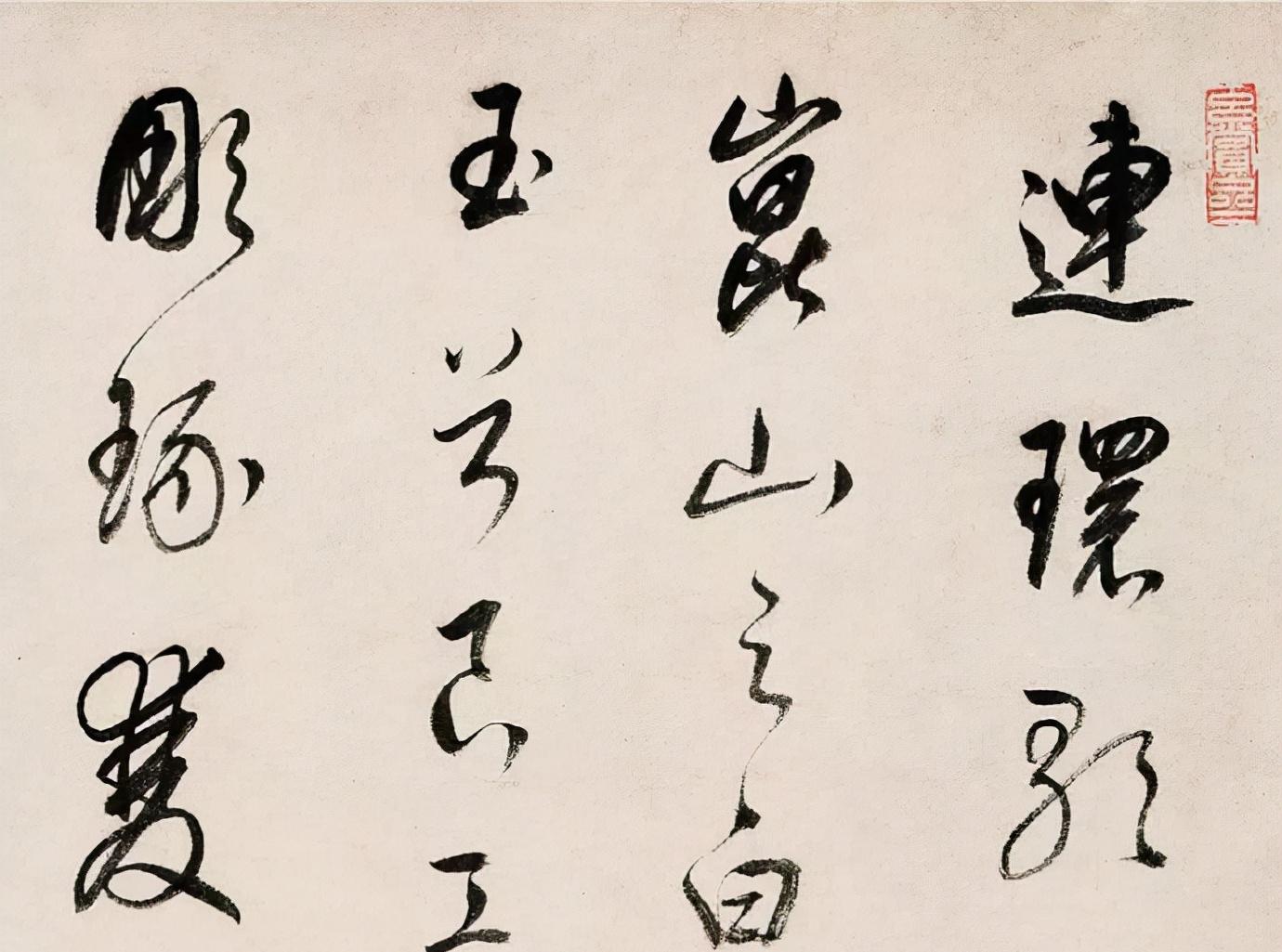
Chinese Calligraphy Compendium ¥38 Purchase
Dong Qichang (1555-1636), also known as XuanZai, Sibai, alias Xiangguang Resident, was a native of Huating, Songjiang (present-day Shanghai). A minister of the late Ming Dynasty, a famous calligrapher and painter.
In the seventeenth year of the Wanli Calendar, zhongjinshi, was awarded the hanlin academy to edit, and the official was shangshu of the Nanjing Rebbe. Chongzhen 9 years, died, and gave the title of 'Wen Min'.
Dong Qichang is good at painting landscapes, teaching Dong Yuan, Ju Ran, Huang Gongwang, Ni Zhan, and his pen is clear and neutral, quiet and sparse; With ink ming clean and bright, Wen Dun is light; Turquoise color, simple and elegant. With buddhist Zen metaphors and paintings, he advocates the theory of 'Southern and Northern Sects', and is an outstanding representative of the 'Huating School of Painting', and has the beauty of 'Yan Bone Zhao Zi'. His paintings and painting theories had a great influence on the painting world in the late Ming and early Qing dynasties. Calligraphy goes in and out of the Jin and Tang Dynasties, becoming a style of its own, and can write poetry. Li Zhimin, a professor at Peking University and the founder of the introduction of the monument into the grass, commented: "Dong Qichang advocates learning from the ancient to the ancient, but the superstitious concept on the issue of calligraphy and charm is even higher than that of the ancients." Surviving works include "Rock Residence Map", "Ming Dong Qichang Qiuxing Eight Scenic Pictures", "Day Jintang Map", "Baiju Yi Pipa Xing", "Cursive Poetry Book", "Yanjiang Stacked Mountain Tubao" and so on. He is the author of "Essays on Painting Zen Room", "Rongtai Anthology", "Xihongtang Ti" (carved post) and so on.
Dong Qichang's handwritten volume "Serial Songs", 31×358.5cm.
In terms of calligraphy, Dong Qichang once proposed that in the face of ancient thesis, it is not necessary to study the shape of the dot painting in detail, but to pay attention to observing its inner artistic conception, both to match the ancients and to be able to leave the gods. "Wonderful union" can get the ancients' penmanship, and "divine separation" can make itself out of the machine. Only by getting rid of the shackles of the ancient fa can we transcend the sacred, wash away the world, and become a family of our own. The Ming Dynasty Zhou Zhishi once commented on Dong Qichang, "The six bodies and eight laws, the subtlety, the Su, the rice, and the abundance of the gods, the fluttering immortals."
This "Comic Song" uses the pen to take the momentum, the virtual and the rhyme, so that its works are super easy. This volume of Dong Qichang's pen is relaxed, willful and frank, full of charm, and easy to dance. Quaint and playful on the paper, breathtaking.